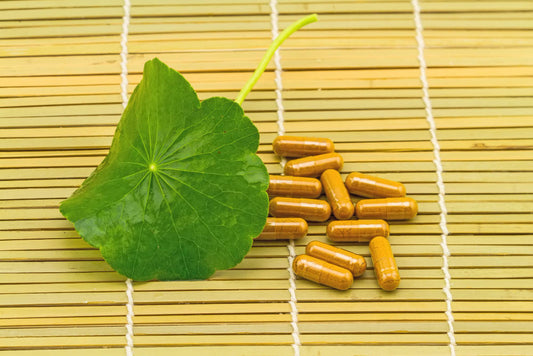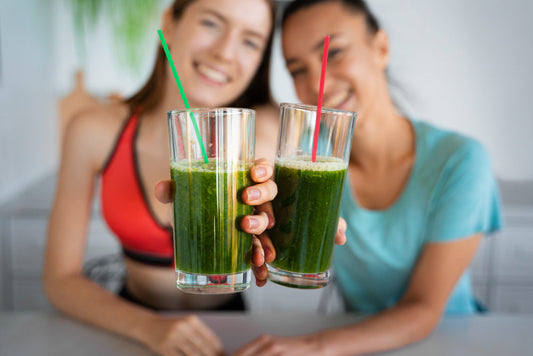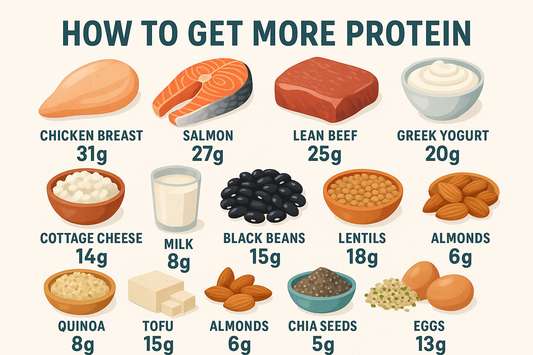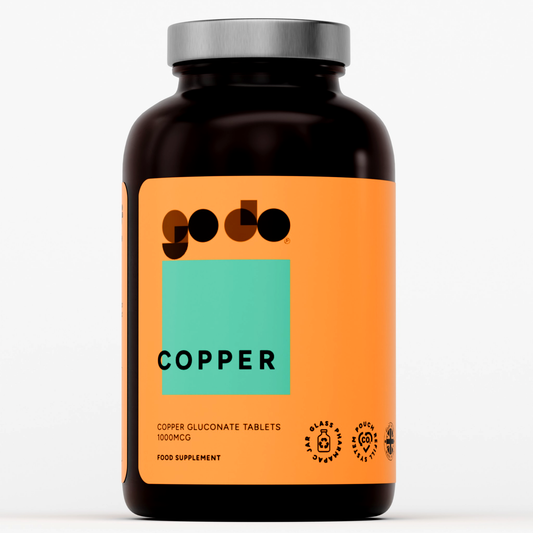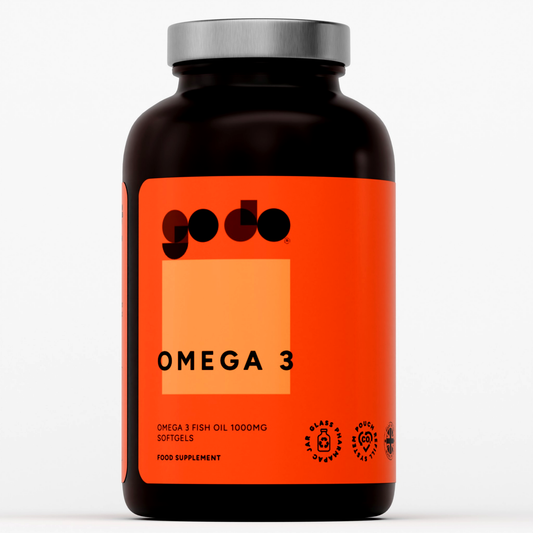Protein is a macronutrient ie. nutrients that provide calorie/ energy and are required in large amounts to carry out everyday tasks. Protein is an essential component of your diet as it makes up the enzymes that power several chemical reactions and the hemoglobin that carries oxygen in your blood. A common concern when it comes to vegan diets is protein intake. It is believed that plant-based diets are low in protein and therefore do not provide all the necessary nutrients your body needs. However, according to many experts, a well-planned vegetarian diet will provide your body with all the required nutrients.
Following are the 10 best plant-based proteins that should be included in your meals, whether you’re trying to go vegetarian or just looking to diversify your protein options.
Chia Seeds:
These are edible seeds that contain omega-3 fatty acids, carbohydrates, protein, fiber, antioxidants, and calcium that are very healthy. They contain 3.5 grams of protein per 2 tablespoons and can last for more than 4 years. Because they can be absorbed by the human body as seeds; adding them to foods and beverages is easier. Sprinkling on some toast, adding it into your smoothies, or even making a chia cup pudding, are some delicious ways to enjoy chia seeds.
Nuts:
Pistachios, almonds, walnuts, cashews, peanuts, etc are all rich in protein. Almonds are a high source of Vitamin E and they contain 16.5 grams of protein per half-cup. Similarly, peanuts famous for containing healthy fats also contain around 20.5 grams of protein per half-cup.
Lentil:
Lentils are highly nutritious seeds and come in different types. Each lentil has its composition of antioxidants, but they are all very rich in protein. They all contain a good amount of slowly digested carbs and help reduce the risk of many diseases.
Oats:
Although not considered a complete protein, oats contain a much higher amount than other commonly consumed grains. They are an easy way to incorporate plant-based protein into a vegan diet. Half a cup of oats contains 6 grams of protein, 4 grams of fiber, and a good amount of magnesium zinc phosphorus, and folate.
Tofu:
Along with other products such as soy milk etc, tofu is also made up of soybeans and is one of the richest sources of protein in a plant-based diet. They also contain a good amount of other nutrients such as calcium and iron that makes them a good substitute for dairy products.
Quinoa:
Often called gluten-free grains, these grains are ‘complete’ proteins which mean the protein content is quite high. It is also rich in other nutrients such as magnesium, fiber, iron, etc. Quinoa is said to be highly versatile and can be enjoyed with oatmeal, cookies, salads, etc.
Chickpeas and beans:
Canned or dried, chickpeas are very rich in protein. They contain about 15g of protein per cup and are excellent sources of carbs, iron, fiber, potassium, etc. Chickpeas are said to be versatile, meaning they can be baked, added to curries and salads, and in a sandwich in the form of hummus.
Green peas:
Green peas are very high in proteins, as well as vitamins and minerals. They contain 25% of your daily fiber and should be used as more than a side dish.
Mycoprotein:
A protein-based food created by fermenting fungi spore with glucose and other nutrients, and is often advertised as a meat substitute. It is very high in fiber and low in sodium, fat, sugar, and cholesterol, making it essentially better than all the meat products out there.
Protein-rich vegetables:
Green vegetables such as broccoli, kale, etc are very rich in protein. A cup of broccoli has almost 4 grams of proteins, while kale is 3g per cup. These vegetables, when taken individually might not be enough to meet daily protein requirements, but if mixed with food, preferably protein-rich like quinoa, they can increase the protein intake.
